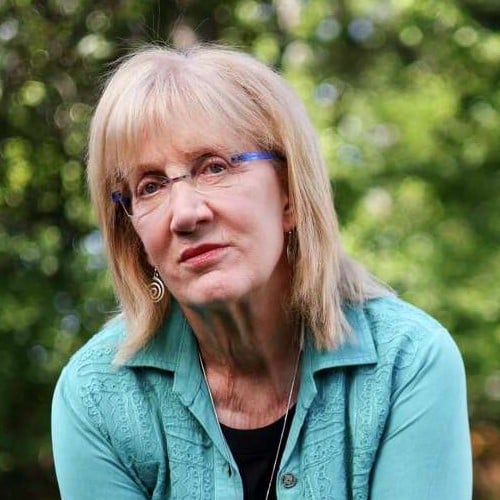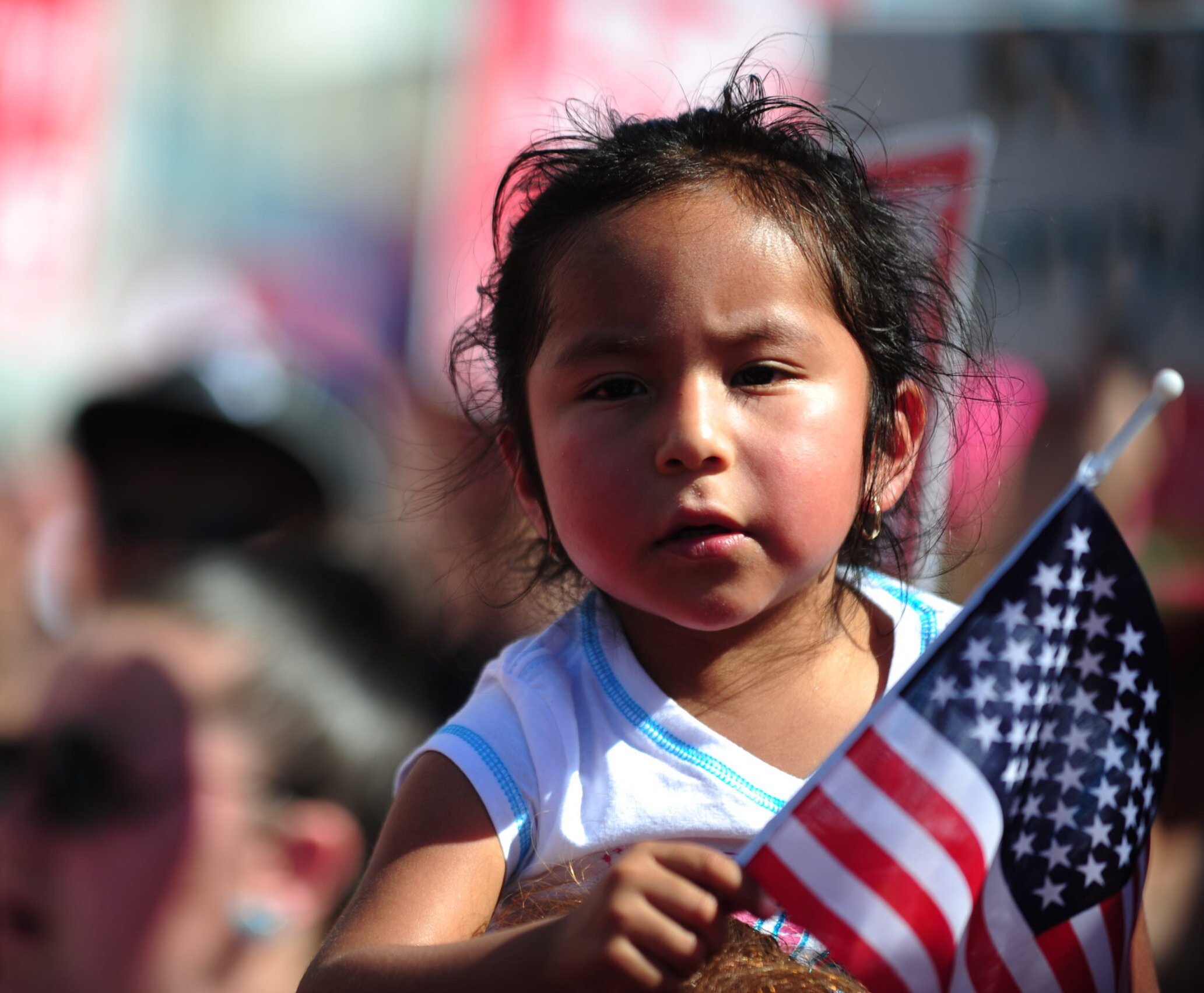ustxtxb_obs_2004_01_16_50_00026-00000_000.pdf
Page 1
BOOKS & THE CULTURE Lone Star Laureate? BY PETER LASALLE Elizabeth Costello By J. M. Coetzee Viking 230 pages, $21.95. n case you haven’t heard, South African novelist J. M. Coetzeethe winner of the 2003 Nobel Prize in literature and author of this new book Elizabeth Costellohas a bona fide Texas connection. He holds a Ph.D. in linguistics from the University of Texas, coming to Austin in the sixties as a naive white Afrikaner on a fellowship and thoroughly savoring his several years of study. Or that’s the way he described it in a rather nostalgic essay on the experience that appeared in The New York Times Book Review not too long ago. In 1995 he returned to the university as a visiting professor under the auspices of the English Department. He taught, to much student praise, a graduate creative writing workshop and a literature seminar. Actually, I found it no surprise that a couple of Texas newspapers picked up on the connection and ran longish, staff-written features on him. I mean, a Nobel Prize in literature is rare and major, a significant anointing. Scouring my own mind for Lone Star links with past winners, I came up only with items like brief mentions of the state in Faulkner \(Texas is seen as a sort of an uncharted badland that Mississippians \(more benevolent, with a battle-weary American abroad dreaming of one day forgetting all war and maybe living in the sweet, peaceful town of Corpus in a Saul Bellow short story where a Chicago intellectual visits his businessman brother now transplanted with his wife to the state, making big money, living in a garishly sprawling modern suburban home, and raising crazed pit bulls as a hobby. Anyway, with Coetzee, Texas can at last legitimately claim, yes, some valid echo of this honor. And it is an honor that probably anybody who has read Coetzee carefully over the last 30 years sensed was inevitable. He has created a body of fiction of the highest artistic integrity, both in a willingness to take on complex moral issues and in the sheer craft of the narration, often with risk-taking structural innovation. Novels like Waiting for the Barbarians, Life & Times of Michael K., and Age of Iron probe the shadowy matters of relationships between the colonizer and colonized, the established and the disenfranchised. The setting can be a South Africa haunted by strife, though in the best of these, the tour de force Waiting for the Barbarians, he avoids naming the landscape altogether and prefers to render a territory timelessly mythic in the lack of specifics, universal. Novels like The Master of Petersburg, about Dostoevsky during a period of deep sorrow, and Foe, which revisits with fresh textual twists Daniel Defoe’s Robinson Crusoe, explore questions more literary; in the latter, Coetzee’s usual graceful yet unadorned prose turns nothing short of memorably baroque in spots, good evidence of a wide verbal range. Coetzee has addressed his own South African past in a somewhat fictionalized autobiography, Boyhood: Scenes from Provincial Life, and most critics agreed that his recent 1999 Booker Prize novel Disgrace marked a definite decision to confront the current post-apartheid state of the country frankly and very realistically; there, a complacent white British literature professor, fired for a sexual relationship with a student, struggles with huge changes in his own life and also his native South Africa. Elizabeth Costello is definitely a novel, though the jacket simply labels it “Fiction:’ It is an odd book, one that provides a conglomerate of many of Coetzee’s concerns. The protagonist is an aging, reflective Australian who once wrote a celebrated novel about James Joyce’s Molly Bloom called The House on Eccles Street; she now finds herself quite emotionally untethered in what should be her comfortable later years. Endlessly being invited to lecture, she travels the world to attend symposia and other events and deliver opinions on the many large subjects that still intrigue her even if she has never come close to completely figuring them out. The chapter titles provide ready summary of the topics examined by Elizabeth in the lectures themselves otherwise: “Realism”; “The Novel in Africa”; “The Lives of Animals”; “The Humanities in Africa”; “The Problem of Evil”; “Eros”; and towards the conclusion, “At the Gate,” a Kafaesque rumination on the last judgment as capped by a startling metaphysical leap. What could have been merely a series of rehearsed polemics emerges here in novelist Coetzee’s deftly shaping hands as dramatic indeed. Some of the excursions of Elizabeth to once more pontificatewhich is how she is starting to see itbecome very suspenseful episodes, marked by telling nervousness and sticky embarrassment. For instance, Elizabeth taking a stand on animal rights in an address at a small college in Massachusetts, located in the town where her grown son lives, gets complicated when she has to keep up niceties with her contentious daughter-in-law; the daughter-in-law is an unemployed philosophy scholar who finds Elizabeth’s intense compassion for animals outright wacky. And Elizabeth airing her beliefs on how some African I 26 THE TEXAS OBSERVER 1/16/04


